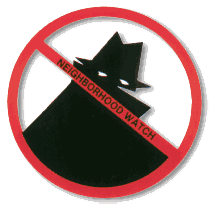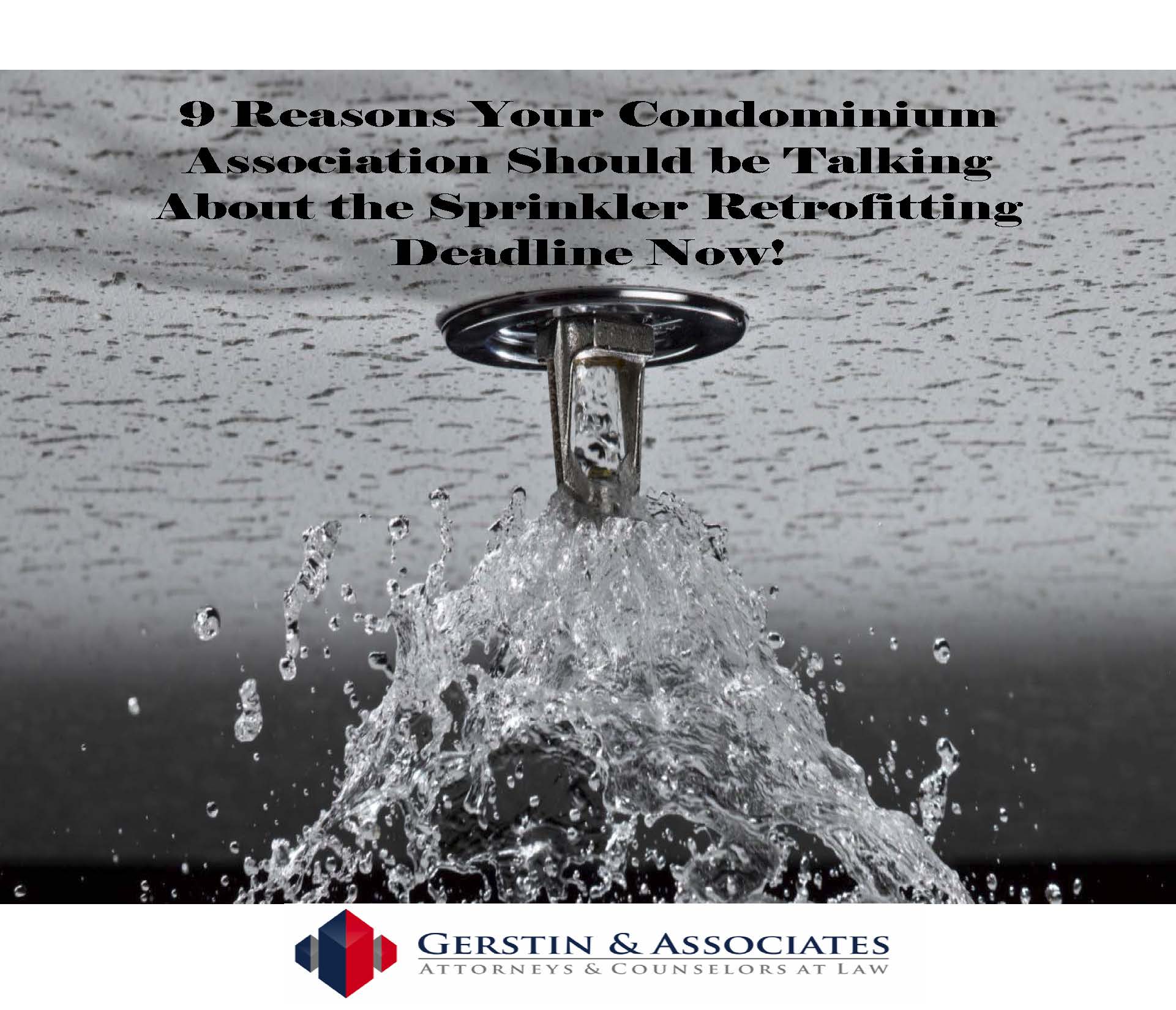By Seth Amkraut, Esq.
Click here for .pdf version of this article
Potential Personal Liability for Board Members.
Many community associations in Florida screen prospective buyers and tenants. This screening process typically includes a comprehensive background check into each applicant’s credit, rental, employment and criminal history. Recently, an interpretation by the United States Department of Housing and Urban Development (“HUD”) of a recent United States Supreme Court Case, Texas Department of Housing and Community Affairs, et al v. Inclusive Communities Project, Inc., et al., severely curtailed community associations’ ability to deny sales or rentals to convicted criminals. Enforcing blanket bans on convicted criminals purchasing or renting in your community can now subject both the community association and its Board members, individually, to liability.
With particularly awful circular reasoning, HUD issued an April 4, 2016, guidance memorandum declaring a higher percentage of adult minorities have criminal records when compared to the overall adult population. Therefore, prohibiting a person with a criminal conviction to buy or rent in your community has a “disparate impact” on certain racial minorities tantamount to racial discrimination. Considering racial discrimination in housing violates federal law, HUD rounds the final corner and declares by extension the blanket use of criminal records to deny housing violates Federal law. This is a critical pronouncement effectively outlawing all blanket prohibitions on individuals with a criminal history and calls into question less restrictive policies. Even a narrowly tailored policy excluding only certain types of criminals must accurately distinguish between criminal conduct representing a genuine risk to other residents or property.
Making matters worse, HUD’s guidance on this issue shifts the long-standing burden requiring a Plaintiff to prove their case. Instead, community associations will be presumed to have discriminated against a proposed tenant or purchaser if a person within a protected class (e.g. a racial minority) is denied housing simply due to the person’s prior criminal record. To rebut this presumption, community associations will have to prove the association’s denial of housing to persons with a “criminal history” actually assists in protecting resident safety and/or property. The only exception is for criminal convictions relating to manufacturing or distributing controlled substances. In essence, HUD has determined violent felons, such as murderers or rapists, are less dangerous than people manufacturing or distributing illegal drugs.
Individual board member liability.
As experienced Board members will tell you, often times upset owners (and their accommodating lawyers) name board members individually in lawsuits. More often than not, these lawsuits are defended (and dismissed) by an association’s insurance counsel. However, most community insurance association policies will not offer coverage for housing discrimination or similar claims. Without such coverage, both the association and the individual board members will have to pay out- of-pocket for representation and any resulting damages. Although the individual board members may seek reimbursement from the Association (indemnification), claims for housing discrimination are known as intentional torts or intentional statutory violations. Typically, community associations are not required to indemnify individual board members against claims for damages related to intentional conduct. As you can surmise, the result of not a board member not being indemnified by his/her community association can be financially ruinous.
What can an association do?
There is no one size fits all formula for creating Fair Housing Act compliant criminal background policies. In this new legal landscape, every community association that considers criminal history when evaluating prospective buyers and tenants must be prepared to defend the inevitable claims filed by rejected applicants.
Gerstin & Associates can assist your community association with drafting a criminal background policy allowing for the rejection of the most dangerous applicants while minimizing the risk of liability for discriminatory practices. Contact our office today for a free consultation.
Stay one-step ahead of new legislation, recent case law and new developments that impact your community association by subscribing to the Gerstin & Associates Community Association Newsletter. Please complete and either email or fax the following to: (561) 750-8185 (no cover page needed).
Name: ____________________________ Association name: _____________________
Position at the association (director, property manager, etc.) _____________________
Email address: ______________________ Telephone number: __________________




